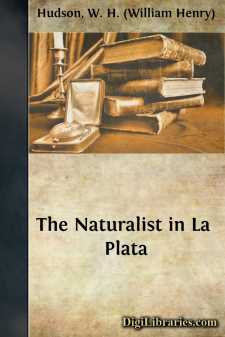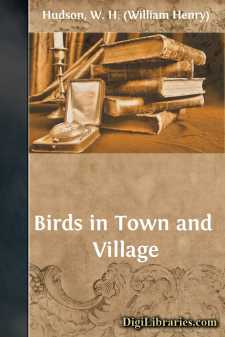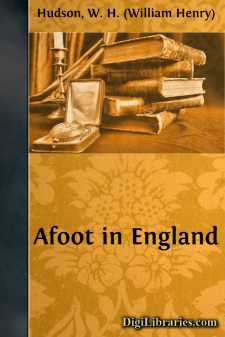Categories
- Antiques & Collectibles 13
- Architecture 36
- Art 48
- Bibles 22
- Biography & Autobiography 813
- Body, Mind & Spirit 142
- Business & Economics 28
- Children's Books 17
- Children's Fiction 14
- Computers 4
- Cooking 94
- Crafts & Hobbies 4
- Drama 346
- Education 46
- Family & Relationships 57
- Fiction 11829
- Games 19
- Gardening 17
- Health & Fitness 34
- History 1377
- House & Home 1
- Humor 147
- Juvenile Fiction 1873
- Juvenile Nonfiction 202
- Language Arts & Disciplines 88
- Law 16
- Literary Collections 686
- Literary Criticism 179
- Mathematics 13
- Medical 41
- Music 40
- Nature 179
- Non-Classifiable 1768
- Performing Arts 7
- Periodicals 1453
- Philosophy 64
- Photography 2
- Poetry 896
- Political Science 203
- Psychology 42
- Reference 154
- Religion 513
- Science 126
- Self-Help 84
- Social Science 81
- Sports & Recreation 34
- Study Aids 3
- Technology & Engineering 59
- Transportation 23
- Travel 463
- True Crime 29
Dead Man's Plack and an Old Thorn
Categories:
Description:
Excerpt
"The insect tribes of human kind" is a mode of expression we are familiar with in the poets, moralists and other superior persons, or beings, who viewing mankind from their own vast elevation see us all more or less of one size and very, very small. No doubt the comparison dates back to early, probably Pliocene, times, when some one climbed to the summit of a very tall cliff, and looking down and seeing his fellows so diminished in size as to resemble insects, not so gross as beetles perhaps but rather like emmets, he laughed in the way they laughed then at the enormous difference between his stature and theirs. Hence the time-honoured and serviceable metaphor.
Now with me, in this particular instance, it was all the other way about—from insect to man—seeing that it was when occupied in watching the small comedies and tragedies of the insect world on its stage that I stumbled by chance upon a compelling reminder of one of the greatest tragedies in England's history—greatest, that is to say, in its consequences. And this is how it happened.
One summer day, prowling in an extensive oak wood, in Hampshire, known as Harewood Forest, I discovered that it counted among its inhabitants no fewer than three species of insects of peculiar interest to me, and from that time I haunted it, going there day after day to spend long hours in pursuit of my small quarry. Not to kill and preserve their diminutive corpses in a cabinet, but solely to witness the comedy of their brilliant little lives. And as I used to take my luncheon in my pocket I fell into the habit of going to a particular spot, some opening in the dense wood with a big tree to lean against and give me shade, where after refreshing myself with food and drink I could smoke my pipe in solitude and peace. Eventually I came to prefer one spot for my midday rest in the central part of the wood, where a stone cross, slender, beautifully proportioned and about eighteen feet high, had been erected some seventy or eighty years before by the lord of the manor. On one side of the great stone block on which the cross stood there was an inscription which told that it was placed there to mark the spot known from of old as Dead Man's Plack; that, according to tradition, handed from father to son, it was just here that King Edgar slew his friend and favourite Earl Athelwold, when hunting in the forest.
I had sat there on many occasions, and had glanced from time to time at the inscription cut on the stone, once actually reading it, without having my attention drawn away from the insect world I was living in. It was not the tradition of the Saxon king nor the beauty of the cross in that green wilderness which drew me daily to the spot, but its solitariness and the little open space where I could sit in the shade and have my rest.
Then something happened. Some friends from town came down to me at the hamlet I was staying at, and one of the party, the mother of most of them, was not only older than the rest of us in years, but also in knowledge and wisdom; and at the same time she was younger than the youngest of us, since she had the curious mind, the undying interest in everything on earth—the secret, in fact, of everlasting youth. Naturally, being of this temperament, she wanted to know what I was doing and all about what I had seen, even to the minutest detail—the smallest insect—and in telling her of my days I spoke casually of the cross placed at a spot called Dead Man's Plack. This at once reminded her of something she had heard about it before, but long ago, in the seventies of last century; then presently it all came back to her, and it proved to me an interesting story....












